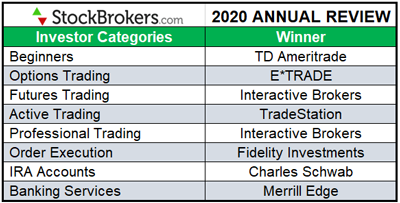
How brokers cheat investors
How brokers cheat investors is a topic of great concern in the financial world. The relationship between brokers and investors is built on trust, as investors rely on brokers to provide them with accurate information and make sound investment decisions. However, there are cases where brokers take advantage of this trust and engage in fraudulent activities to benefit themselves at the expense of investors.
One common way brokers cheat investors is through churning. Churning refers to excessive trading of securities in a customer's account to generate commissions for the broker. Brokers may execute unnecessary trades, buy and sell securities repeatedly, and engage in other manipulative tactics solely to increase their own profits.
This not only generates substantial costs for investors but also puts their investment portfolios at risk.
Another method used by unscrupulous brokers is front-running. Front-running occurs when a broker buys or sells securities for their own account before executing orders for their clients. By taking advantage of the advance knowledge of their clients' orders, brokers can benefit from price movements caused by those orders.
This practice results in unfair trading practices and undermines the trust investors have in their brokers.
Some brokers also engage in insider trading, using confidential information to make profitable trades. Insider trading involves trading stocks based on material non-public information, such as upcoming mergers, earnings reports, or regulatory decisions. Brokers who have access to such information can use it to gain an unfair advantage over other investors, resulting in significant losses for those who are not privy to the confidential information.
Manipulating stock prices is another way brokers cheat investors. They may engage in practices such as wash trading, where they simultaneously buy and sell the same security to create the illusion of market activity. This artificially inflates trading volumes and can mislead investors into making poor investment decisions.
Additionally, brokers may spread false rumors or engage in pump-and-dump schemes to manipulate stock prices for their own benefit.
Brokers can also cheat investors through unsuitable investment recommendations. They may push investors into purchasing high-risk securities or complex financial products that are not suitable for their financial goals or risk tolerance. This can result in substantial losses for investors who may not have the knowledge or experience to understand the risks involved.
Lack of transparency is another issue that allows brokers to cheat investors. Brokers may fail to disclose important information about fees, commissions, or conflicts of interest. This lack of transparency prevents investors from making informed decisions and understanding the true costs and risks associated with their investments.
Regulatory oversight and enforcement play a crucial role in combating broker misconduct. However, regulatory agencies may not always have the resources or ability to detect and prevent all instances of cheating. Investors must be vigilant and conduct thorough research before choosing a broker, checking their credentials, reputation, and any disciplinary actions or complaints against them.
In conclusion, brokers cheating investors is a serious problem that can result in significant financial losses and damage to investor confidence. It is essential for investors to be aware of the various ways in which brokers can deceive them and take steps to protect themselves. Conducting due diligence, seeking independent advice, and staying informed about financial regulations are vital in safeguarding one's investments.

